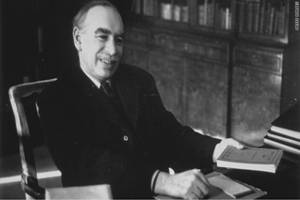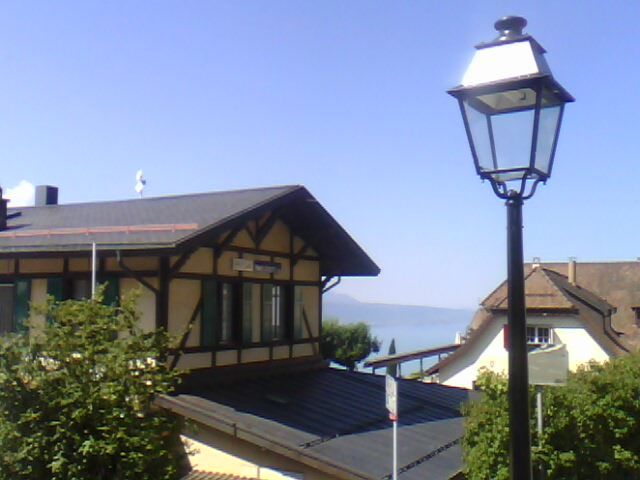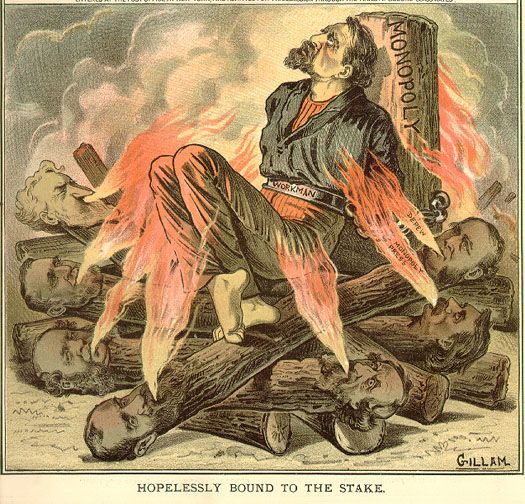
It was Friedrich Hayek (*), who represented the orthodox theories which Keynes attacked. According to Hayek the main cause of slumps was excessive credit creation by the banks leading to overspending. The boom was the illusion; the slump the reality. The situation following an injection of money by the banking system would be similar to that of a people on an isolated island, if, after having partially constructed an enormous machine… they found they had exhausted all their savings before the new machine could turn out its products. They would then have no choice but to abandon, temporarily, the work on the new process and to devote all their labour to producing their daily bread without any capital.
That is, go back to growing their own food - much as the Russians did when their economy collapsed in the early 1990s. Keynes was scathing in his comment on Hayek's book, Prices and Production, which he called "one of the most frightful muddles I have ever read". "It is an extraordinary example of how, starting with a mistake, a remorseless logician can end in Bedlam."

